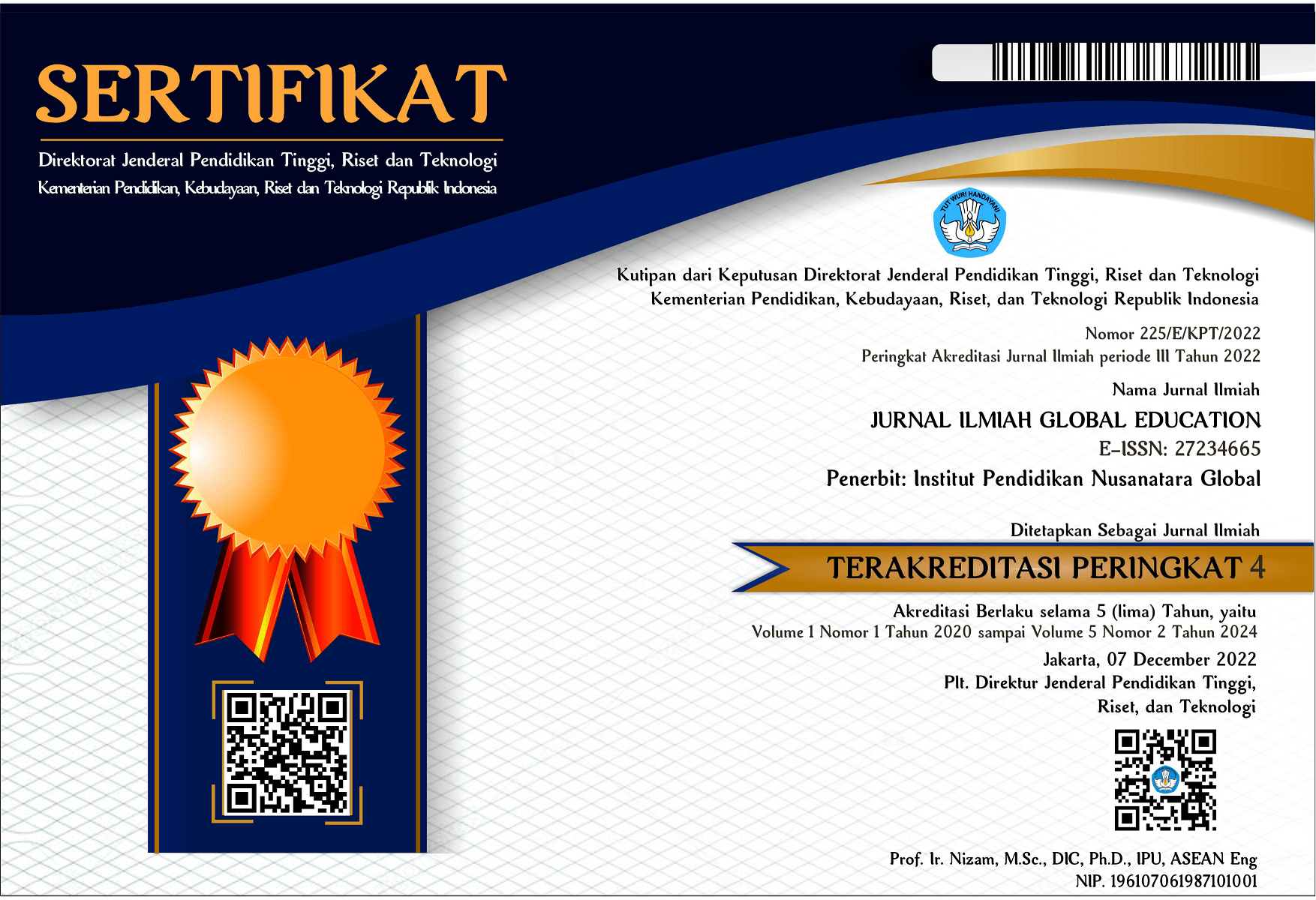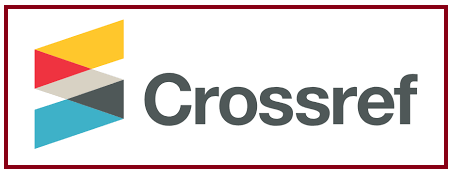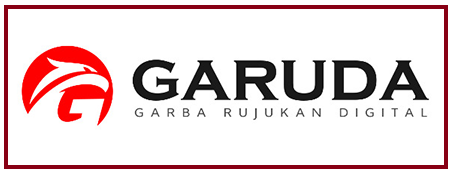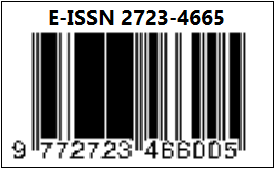ANALISIS STRATEGI PENGELOLAAN DESTINASI WISATA TAMAN WISATA ALAM MANGROVE ANGKE KAPUK SEBAGAI DESTINASI EKOWISATA DI KOTA JAKARTA UTARA GUNA MENINGKATKAN MINAT BERKUNJUNG KEMBALI
DOI:
https://doi.org/10.55681/jige.v4i3.1245Keywords:
management strategy, ecotourism, interest in visiting againAbstract
The purpose of this research is to find out how the management strategy is applied in the Angke Kapuk Mangrove Nature Park area to increase interest in visiting again. This research method uses a descriptive qualitative research method. Data collection techniques used by researchers using primary data and secondary data, primary data includes interviews, observation, and documentation. The analytical method used by researchers is an interactive model analysis method from Milles, Huberman, and Saldana which includes data condensation, data presentation, and drawing conclusions. In conducting an in-depth analysis, the researcher used theoretical triangulation and data source triangulation methods to strengthen the results of the study. The research results from the author's interviews with tourists also show that there is an influence on the intention to return. There is a relationship between the dimensions of interest in repeat visits and ecotourism variables such as attractiveness, accessibility and facilities and other factors that can be linked back to the main variable, namely management strategy. Suggestions from the results of this activity the Angke Kapuk Mangrove Natural Tourism Park area can continue to improve the management activities implemented in the mangrove forest area by continuing to support the concept of ecotourism.
Downloads
References
David, F. R. (2011). Manajemen Strategis : Konsep Buku 1 (12th ed.). Jakarta Salemba Empat.
Hanum, F., Dienaputra, R. D., Suganda, D., & Muljana, B. (2021). Strategi Pengembangan Potensi Ekowisata di Desa Malatisuka. Jurnal Master Pariwisata (JUMPA), 8(1), 22–45. https://doi.org/10.24843/jumpa.2021.v08.i01.p02
Hidayat, S. (2016). Strategi Pengembangan Ekowisata di Desa Kinarum Kabupaten Tabalong. Jurnal Hutan Tropis, 4(3), 282–292.
Ihsan, Soegiyanto, H., & Hadi, P. (2015). PENGEMBANGAN POTENSI EKOWISATA DI KABUPATEN BIMA. Jurnal GeoEco, 1(2), 101–107.
Jayantri, A. S., & Ridlo, M. A. (2022). Strategi Pengelolaan Sampah Di Kawasan Pantai. Jurnal Kajian Ruang, 1(2), 147. https://doi.org/10.30659/jkr.v1i2.20021
Munisari, D., Andrasmoro, D., & Nurekawati, E. E. (2019). ANALISIS POTENSI OBYEK WISATA DESA SEMPALAI SEBEDANG KECAMATAN SEBAWI KABUPATEN SAMBAS TAHUN 2018. Digital Library Students Thesis.
Pratiwi, Z., & Prakosa, A. (2021). Pengaruh Media Sosial, Event Pariwisata, Dan Fasilitas Pelayanan Terhadap Minat Berkunjung Ulang Di Sandboarding Gumuk Pasir Parangkusumo. Jurnal Fokus Manajemen Bisnis, 11(1), 74. https://doi.org/10.12928/fokus.v11i1.3851
Sopyan, I. W. (2015). ANTESEDEN MINAT BERKUNJUNG ULANG (Studi pada Cagar Budaya Bedung Lawang Sewu Semarang). Diponegoro Journal of Management, 4(2), 1–9. http://ejournal-s1.undip.ac.id/index.php/dbr
Wulandari, A., Nugroho, S. P., & Panjaitan, F. (2018). Analisis Implementasi Manajemen Strategi Terhadap Keberhasilan Dodol Alip Di Pangkalpinang. Jurnal Progresif Manajemen Bisnis (JIPMB), 5(2). https://e-jurnal.stie-ibek.ac.id/index.php/JIPMB/article/view/329
Yunus, E. (2016). Manajemen Strategis (1st ed.). CV ANDI OFFSET..
Downloads
Published
How to Cite
Issue
Section
License
Copyright (c) 2023 JURNAL ILMIAH GLOBAL EDUCATION

This work is licensed under a Creative Commons Attribution-ShareAlike 4.0 International License.













